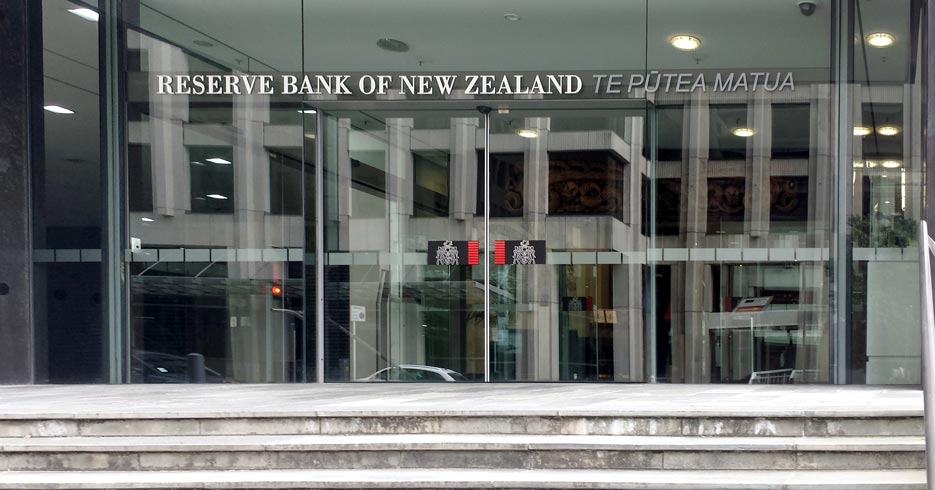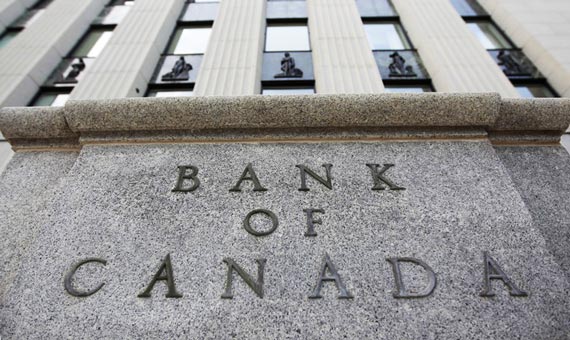PayPal’s announcement this week may well mark a step-up in digital currency adoption – we look at the implications.
Category: Payments
Payments And Banking In Australia With Nikesh Lalchandani
I discuss an important book written by Nikesh Lalchandani, which covers the history of banking and payments in Australia, and the digital evolution currently underway.
RBNZ Says Cash and other payments systems ready for COVID-19
The Reserve Bank and the banking system have plenty of cash on hand to meet demand under any circumstances,” says Assistant Governor Christian Hawkesby. Mr Hawkesby made the statement today after public interest and discussion about cash availability and use.

“We work closely with New Zealand’s banks, the companies that transport cash, and those that supply cash-handling equipment. They are all prepared for operating during all circumstances, including any unusual challenges that COVID-19 may pose.” he says.
“As an example, the Reserve Bank has at least two years’ worth of replacement cash available to feed into the system if required. We can keep cash flowing to and from branches and ATMs in the event of staff shortages or other difficulties anywhere in the cash system.”
“The banks and electronic payments systems are prepared, resilient, and will keep operating. When people are shopping, there will be cash and other payments systems available to support that,” he says.
The Reserve Bank is also reminding shoppers and retailers to practice good hand hygiene.
“Cash is just one of a number of frequently touched surfaces we encounter. The same is true for any other payment device whether it’s a card, phone or watch. This reinforces the need for good hand hygiene regardless of the way you pay or accept payment.”
“Retailers should use common-sense when it comes to cash. Businesses are not obliged to accept cash, but declining it may end up disadvantaging people who rely on its use. These people are more likely to be young, elderly, poor, disabled or financially excluded. Have respect and care for each other,” says Mr Hawkesby.
Bank Of Canada Underscores Importance Of Cash
Interesting statement from the Bank of Canada, their central bank.
During this time of heightened public health measures intended to limit the transmission of COVID-19, some consumers and businesses are choosing not to use cash to limit potential exposure. Refusing cash could put an undue burden on people who depend on cash as a means of payment. The Bank strongly advocates that retailers continue to accept cash to ensure Canadians can have access to the goods and services they need.

This is important, and like the Reserve Bank of New Zealand who also recently underscored the importance of cash in the economy, it reinforces the importance of keep real money available.
Exclusive: Lawyer Confirms Parliament Is Wrong On The $10,000 Cash Ban
John Adams reveals the contents of legal advice relating to the Cash Restriction Bill 2019 Senate report and concludes Parliament is wrong.
The “Cash Ban” Report Is Out … Who Blinks First?
Robbie Barwick from the CItizen’s Party and I discuss the report which landed late today.
https://www.aph.gov.au/Parliamentary_Business/Committees/Senate/Economics/CurrencyCashBill2019/Report
NZ Reserve Bank launches new payment settlement system
The New Zealand Reserve Bank has launched a new future-proofed payment settlement system, replacing New Zealand’s inter-bank settlement system and central securities depository.

The new platform replaces a 20-year-old system with two separate systems, ESAS 2.0 and NZClear 2.0. The new platform comprises the Real Time Gross Settlement (RTGS) and Central Security Depository (CSD) applications supplied by SIA – a European technology and banking infrastructure leader and its wholly owned subsidiary Perago. Infrastructure support services are supplied by Datacom Systems Limited.
The extent of change is significant, says Assistant Governor/Chief Financial Officer Mike Wolyncewicz.
“Every day, transactions with a value of more than $30 billion are settled, so there has been a focus on getting this right, and not rushing out a replacement until we were confident that it was ready.
“The buy-in from the industry has been fantastic. This week’s successful changeover is the result of months of rigorous testing and we appreciate the cooperation of the system’s key users.”
The Reserve Bank’s payment settlement system is used by 57 member organisations including banks, custodians, registries and brokers. This equates to around 600 users of the system, from New Zealand, Australia and Asia.
“Our members now have access to far more modern, future-proofed and leading edge systems for them to manage their day-to-day interactions with the Reserve Bank,” Mr Wolyncewicz says. The systems replacement follows a strategic review of the incumbent payment and settlement systems operated by the Reserve Bank, completed in 2014 in anticipation of the need to align with today’s operational and technological standards.
At 11:55pm, AFR Confirms Cash-Negative Interest Rate Conspiracy
Economist John Adams and Analyst Martin North looks at the latest AFR salvo, as the establishment fight back to try to keep the cash bill in play.
https://www.afr.com/policy/economy/why-fiscal-policy-fine-tuning-ignores-political-reality-20200204-p53xj4
The Last Cash Dash!
Robbie Barwick from the Citizens Party and I discuss the countdown to the Cash Restrictions Bill Senate Report, on the 7th February, and what we can still do to impact the outcome following the hearing in Sydney last week.
The 11th Hour Regulatory Impact Economic Bombshell
The Cash Restrictions Bill just keeps giving as Economist John Adams and Analyst Martin North reveal a dirty secret.
With a few days before the Senate Economics Legislation Committee delivers their report following the recent hearings, what does this say about the political processes which drives our legislative machine? No wonder the proposed Bill is a mess..
https://www.aph.gov.au/Parliamentary_Business/Committees/Senate/Economics/CurrencyCashBill2019
